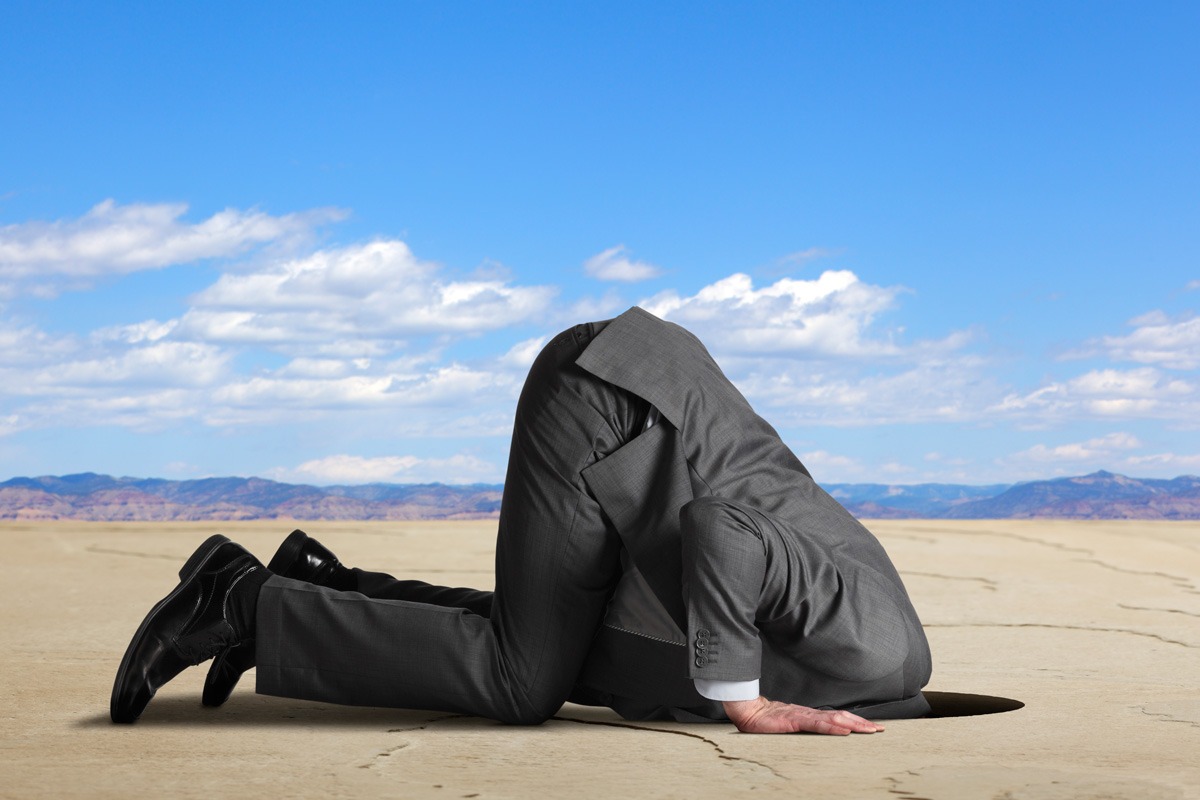Exactly 12 months ago I was diagnosed with cancer.
There were a couple of jaw-dropping news items last year, but personally being told you’ve got cancer would be right up there. I’ll spare you the details, suffice to say after a routine colonoscopy, I ended up with six weeks of chemotherapy and radiotherapy. Not much fun, I can assure you!
According to the Australian Cancer Council, “1 in 2 Australian men and 1 in 3 Australian women will be diagnosed with cancer by the age of 85.” However on a positive note, “66% of people diagnosed with cancer in Australia are still alive five years after a cancer diagnosis.”
It was the second time I’ve had cancer. About 23 years ago I also had radiotherapy for testicular cancer. This time I’d been diagnosed with, awkward pause… anal cancer. This type of cancer is not that common. In fact in 2012, only 399 Australians were diagnosed with it.
While there is currently no screening for anal cancer available, it can be diagnosed through a number of tests, such as medical examination, a blood test, biopsy, CT scan, or an ultrasound. Early detection is key.
I prided myself on being fit, eating healthy and generally looking after my well-being. Nevertheless, I had cancer. I did have many Why me? moments, but my doctors assured me cancer doesn’t discriminate. It can happen to anyone… Reluctantly, I took that on board and got on with my treatment. Yuck.
There were the side effects: nausea, a strange metal taste in my mouth, fatigue, nerves, hair loss (a free Brazilian), discomfort sitting, pain around the pelvis and bottom.
Twice in a lifetime is more than enough, so hopefully my turn is done, but I thought it timely to share some learnings from my experience with cancer to encourage you all to get a medical check-up.
- If you see or feel something unusual, do something about it.
There are two types of people. Those who go to the doctor, and those who don’t. I’m of the former – I’d rather know if there’s a problem and get on with it.
- Get an opinion from a doctor or another healthcare specialist.
Some of you maybe Dr. Google types. I’m not. I think my GP knows best.
- Tell someone close to you.
Keeping it to yourself only raises your stress levels. I’m lucky I’ve got a great family. My wife became my confidant, chauffeur and nurse. My daughters came with me to the chemo and radio treatments.
- Stay positive
Yes, it can be tough, but staying positive makes a huge difference. Acknowledge the negative aspects of the situation, then get rid of your negative thoughts. Surrounding yourself with positive energy helps you to see a positive future.
- You or someone dear to you, may get cancer this year.
It’s an unfortunate fact. I’m committing to do some volunteer work in the cancer field this year to help others who have shared my situation.
Even if you’re already made your resolutions, promise yourself and me that you’ll kick off the year with a medical check-up. Do something. Book it in now.
How have you worked through challenging personal circumstances? What did you learn from the experience?

